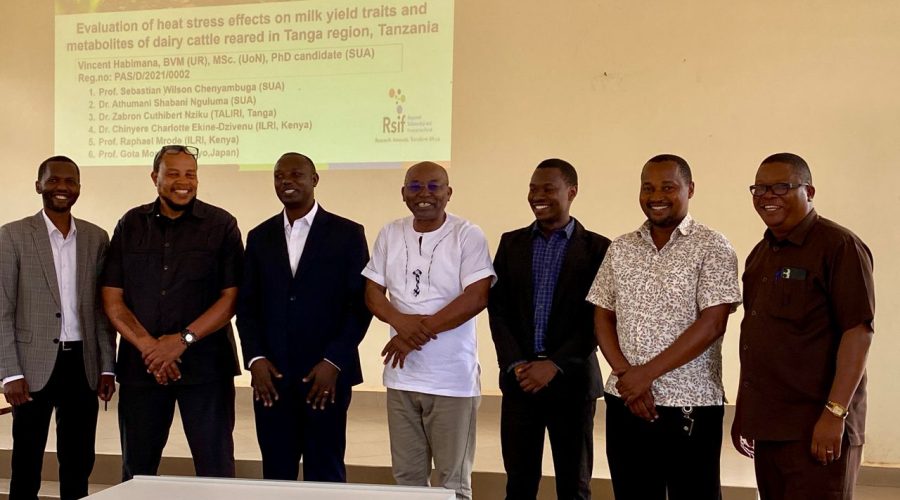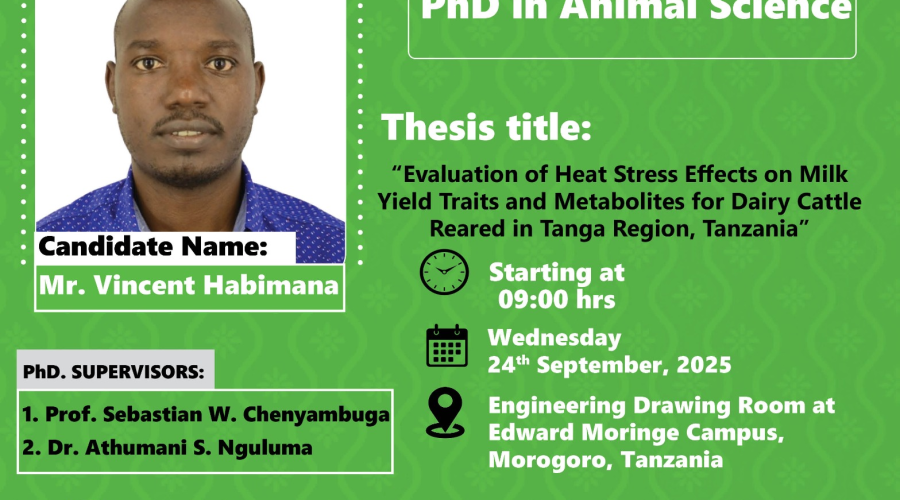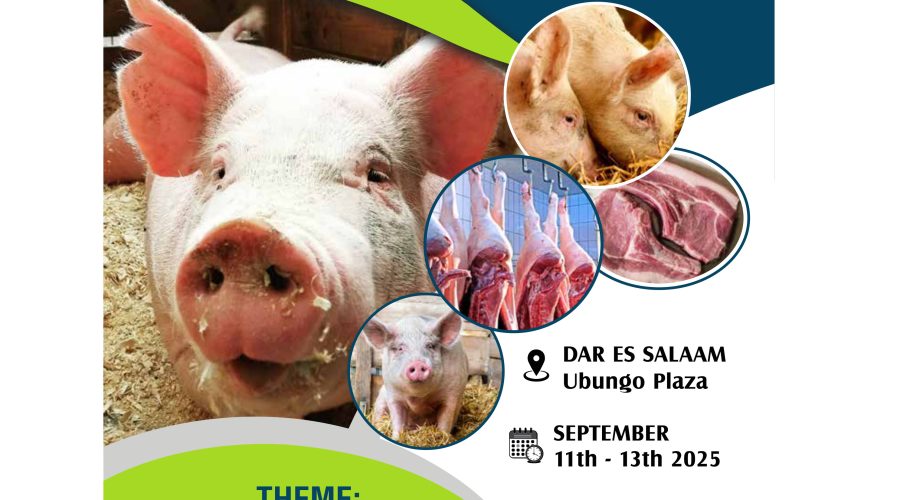Limited understanding exists concerning leptospirosis in Zanzibar. Leptospirosis is a bacterial infection caused by bacteria of the genus Leptospira and is a zoonotic that can be transmitted from animals to humans. The main reservoir are rodents, especially rats, but can also found in other animals like cattle, pigs, horses, and dogs. Leptospirosis has significant impacts public health, particularly in tropical and subtropical regions. It can cause severe illness and death if untreated, leading to economic and social burdens. Outbreaks often follow heavy rainfall or flooding, increasing the risk of exposure. Effective control measures include improving sanitation, rodent control, public health education, and early diagnosis and treatment.
A study conducted by researchers from the Department of Animal, Aquaculture and Range Sciences, Sokoine University of Agriculture, Tanzania (Gerald Dickson Mlowe); Department of Veterinary Medicine and Public Health, Sokoine University of Agriculture, Tanzania; Department of Public Health, Faculty of Medicine, University of Liège, Belgium; Department of Social and Preventive Medicine, University of Montréal School of Public Health (ESPUM), Canada; Groupe de Recherche en Épidémiologie des Zoonoses et Santé Publique (GREZOSP), Canada ; Centre de Recherche en Santé Publique (CReSP); Canada; Faculty of Veterinary medicine, Catholic University of Graben in Butembo (UCG), Democratic Republic of the Congo; Institute of Pest Management, Sokoine University of Agriculture, Tanzania; African Centre of Excellence for Innovative Rodent Pest Management and Biosensor Technology Development (ACE II IRPM & BTD) at the Sokoine University of Agriculture, Tanzania and St. Francis University College of Health and Allied Sciences, Ifakara, Tanzania, conducted a research on the awareness of Leptospirosis among Households, Farmers, and Livestock Keepers in Unguja Island, Zanzibar in Tanzania. The objective of this study is to evaluate the degree of knowledge and awareness of leptospirosis within the urban and peri-urban populations of Unguja.
A cross-sectional study was conducted utilizing semi-structured questionnaires from January to April 2022. Two hundred respondents were randomly selected (130 males and 70 females) aged between 18 and 89 years. Descriptive analysis was employed to assess the main trends in knowledge and awareness, and χ2 analysis was utilized to determine associations between demographic characteristics with respondents’ knowledge and awareness. The majority of respondents (64%) lacked awareness of leptospirosis’ etiology, but a significant proportion of respondents had a favorable altitude (68.6%) towards leptospirosis compared to their average knowledge and awareness (35%) and practices (29.3%).
Nonetheless, the livestock keeper, farmers, shermen, and healthcare providers had low levels of knowledge and awareness. The findings also demonstrated that males had a strong association with occupational physical activities, while educational level was associated with preventive practices. Living in urban or peri-urban areas was significantly linked with the respondents’ practices. The study’s outcomes demonstrated low levels of community knowledge and awareness regarding leptospirosis’ etiology, mode of transmission, and symptoms among livestock keepers, farmers, shermen, and healthcare providers. Although most respondents had a favorable altitude, their low level of knowledge and poor practices indicate that supplementing a positive altitude with enhanced knowledge and awareness is necessary to promote individual engagement in preventive measures.
Leptospirosis in Unguja, part of Zanzibar, poses a significant public health concern. The region’s warm, humid climate and periodic heavy rains create favorable conditions for the spread of Leptospira bacteria. Outbreaks are often associated with poor sanitation, contaminated water sources, and close contact with infected animals. Enhancing public awareness, improving water and sanitation infrastructure, and implementing animal vaccination programs are crucial for controlling leptospirosis in Unguja.

For more information CLICK HERE
Dickson Mlowe, G., Kambere Kavulikirwa, O., Makundi, I., Katakweba, A. and Machang, R., (2023). Assessment of the Knowledge and Awareness of Leptospirosis among Households, Farmers, and Livestock Keepers in Unguja Island, Tanzania: A Cross-Sectional Study. Tropical Medicine and Infectious Disease.

The Department of Animal, Aquaculture, and Range Sciences
The College of Agriculture, Sokoine University of Agriculture
Share this page




